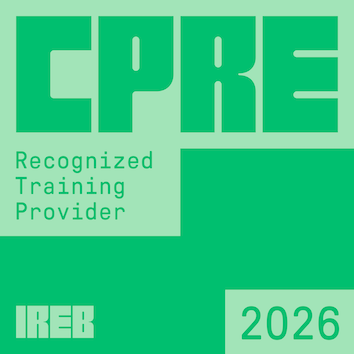Both classroom training and online training have their advantages and disadvantages:
Classroom training
Advantages
✅ Direct contact with trainers and participants
✅ Group discussions on professional challenges outside of the training content
✅ Questions can be answered directly
✅ Practical exercises in groups
✅ More intensive due to on-site presence, as there are fewer distractions
Disadvantages
❌ Usually more expensive
❌ Associated with travel costs
❌ Additional time required
Online training
Advantages
✅ Independent of time and location
✅ Often flexible time management
✅ Usually more cost-effective
✅ No additional travel costs
Disadvantages
❌ Little to no personal exchange
❌ Possibility of technical difficulties
In the end, your decision often depends on your learning style and your circumstances. If you value personal interaction, then choose face-to-face training. If, on the other hand, you need to combine work, family and further education, an online course may be more convenient.
No matter which option you choose: Make sure that the training course is IREB-recognized. This will ensure that the content is aligned with the Certified Professional for Requirements Engineering standard and that you are optimally prepared for your exam.






